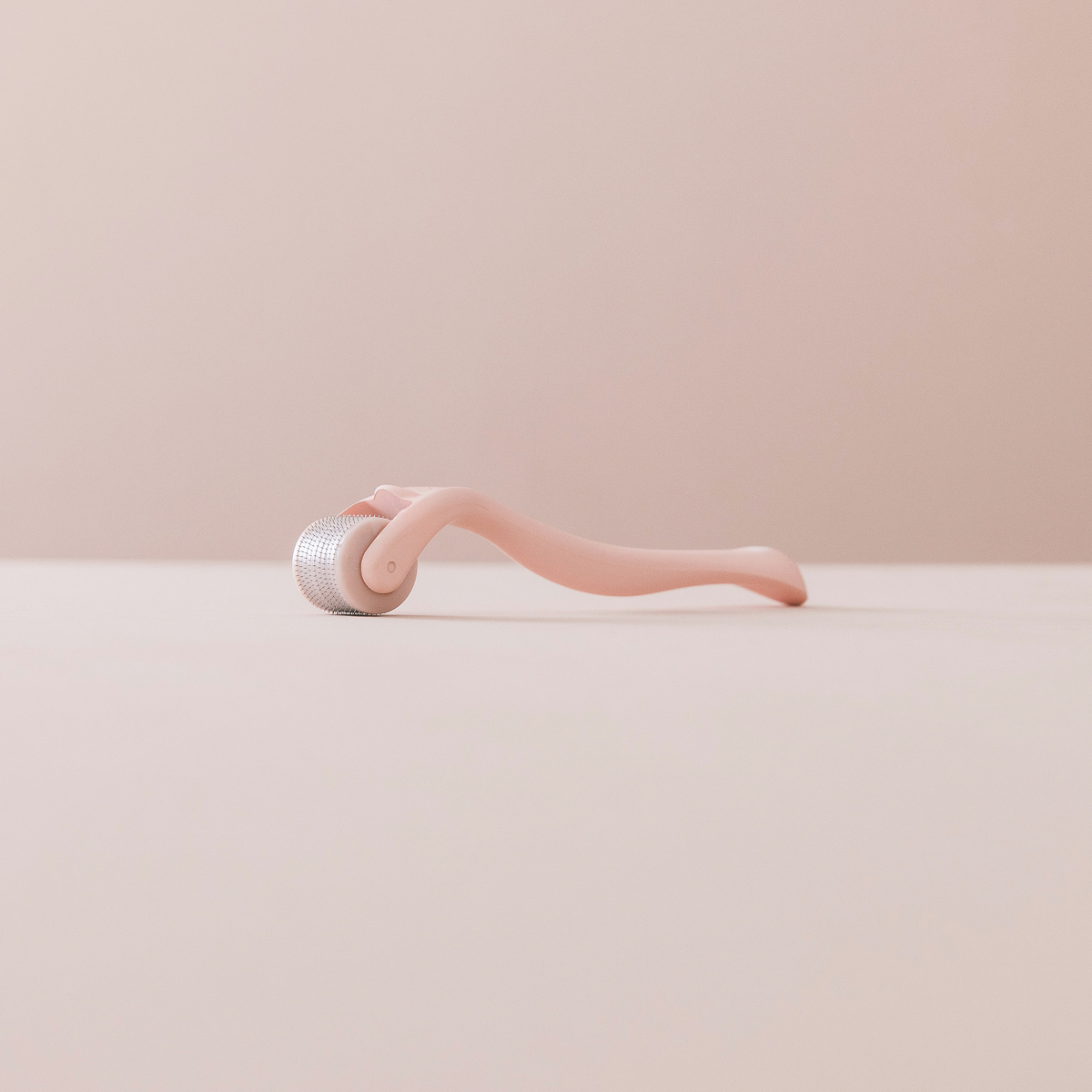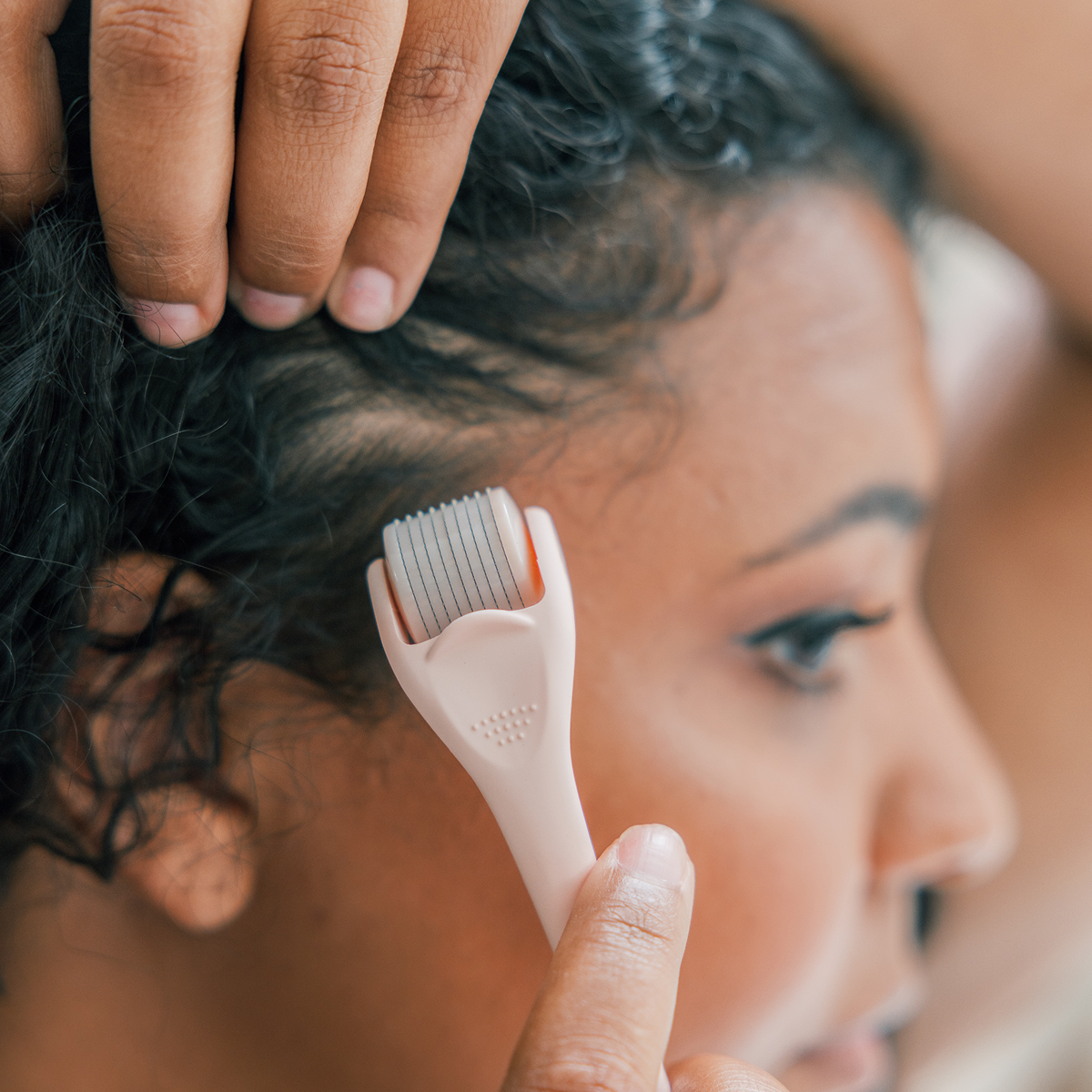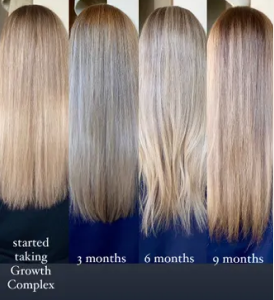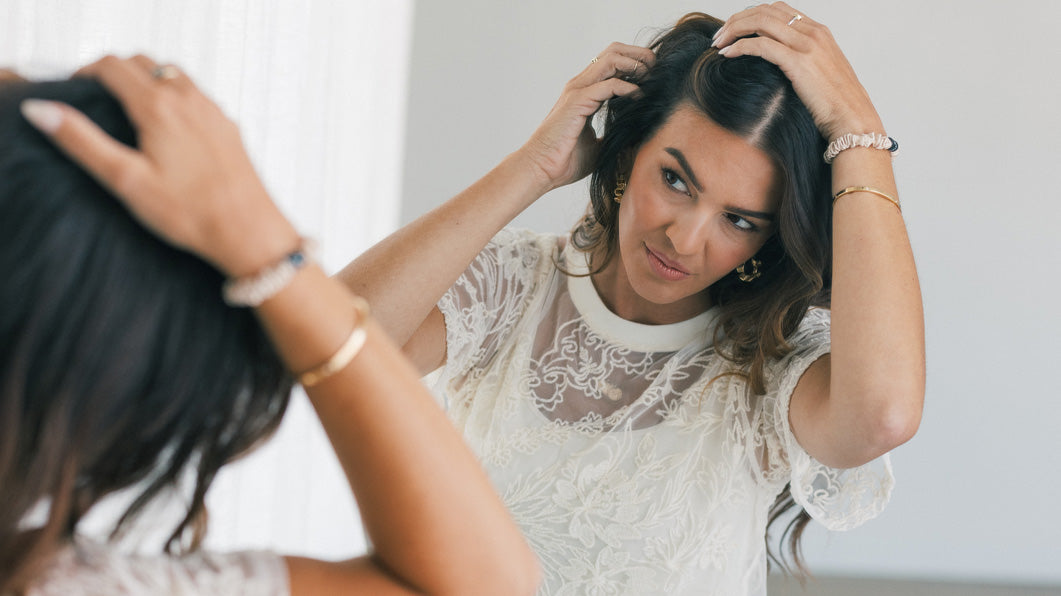Menopause brings about many changes in a woman’s body, but one that often goes undiscussed is hair thinning and shedding. If you’ve noticed that your hair feels weaker, sheds more in the shower, or lacks the volume it once had, you’re not alone. Hormonal shifts during menopause can have a direct impact on hair health, and understanding this connection can help you take control.
How Menopause Affects Hair Growth
During menopause, estrogen and progesterone levels decline, which can lead to a shorter hair growth cycle. Since these hormones play a crucial role in stimulating hair follicles, their reduction can cause hair to grow more slowly and fall out more easily.
Additionally, lower estrogen levels can mean that testosterone has a greater effect on the body. This can sometimes lead to thinning hair along the scalp, particularly near the crown and hairline.
Another contributing factor is reduced blood circulation. As we age, the efficiency of blood flow to the scalp can decrease, leading to less oxygen and nutrients reaching the hair follicles. Without proper nourishment, hair may become weaker and more prone to shedding.
The Role of Stress and Brain Fog
Many women experience increased stress and cognitive changes, often referred to as brain fog, during menopause. High cortisol levels caused by stress can disrupt the hair growth cycle, leading to excessive shedding. At the same time, reduced blood circulation to the scalp can weaken hair follicles.
When stress becomes chronic, it can push hair follicles into the resting phase, known as telogen effluvium. This means more hairs are shedding than growing, creating noticeable thinning over time.
Finding ways to manage stress, whether through meditation, light exercise, or lifestyle changes, can help support overall wellness and hair health. Activities such as yoga, deep breathing exercises, and even engaging hobbies can lower stress hormones and support a healthier scalp environment.
Essential Nutrients for Hair Health During Menopause
Nutrition plays a vital role in maintaining hair strength and promoting regrowth. Key nutrients that support hair health during menopause include:
- Biotin: Aids in keratin production, which strengthens hair strands.
- Vitamin D: Helps maintain healthy hair follicles.
- Iron: Supports oxygen transport to hair follicles, preventing excessive shedding.
- Omega-3 Fatty Acids: Nourish the scalp and reduce inflammation that can lead to hair loss.
- Magnesium: Supports protein synthesis, which is essential for hair growth.
- Collagen: Provides the necessary amino acids for maintaining strong and resilient hair.
Incorporating these nutrients through a balanced diet or supplementation can make a significant difference in hair thickness and overall scalp health.
How to Care for Thinning Hair
While menopause-related hair loss can be frustrating, there are steps you can take to support healthier, fuller hair:
- Use gentle, sulfate-free shampoos that nourish the scalp.
- Incorporate scalp massages to stimulate blood flow and promote growth.
- Consider collagen or keratin supplements for added hair strength.
- Avoid excessive heat styling or tight hairstyles that can weaken fragile hair.
- Try essential oils like rosemary or peppermint oil, which have been shown to support scalp circulation and encourage hair growth.
- Stay hydrated and maintain a well-balanced diet rich in lean proteins, healthy fats, and antioxidants.
Hormone Therapy and Hair Loss
Some women explore hormone replacement therapy (HRT) to manage menopausal symptoms, including hair loss. HRT can help balance estrogen and progesterone levels, potentially slowing down hair thinning. However, it’s important to discuss this option with a healthcare provider, as HRT may not be suitable for everyone.
For those who prefer a more natural approach, herbal supplements like saw palmetto or ashwagandha have been studied for their ability to support hormonal balance and reduce hair shedding.
Final Thoughts
Menopause can bring many changes, but hair loss doesn’t have to be one you simply accept. By understanding the hormonal connection and making small adjustments to your routine, you can maintain stronger, healthier hair during this phase of life.
Embrace this journey with knowledge and confidence—because taking care of your hair is taking care of yourself. With the right care and awareness, you can continue to enjoy vibrant, beautiful hair at any age.



























